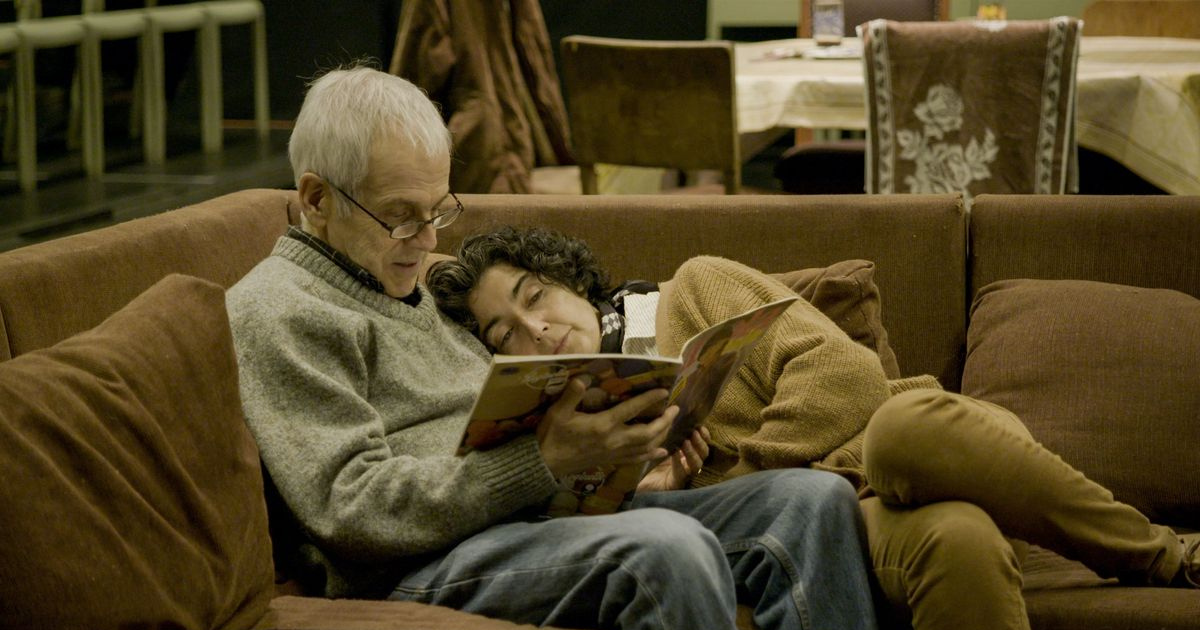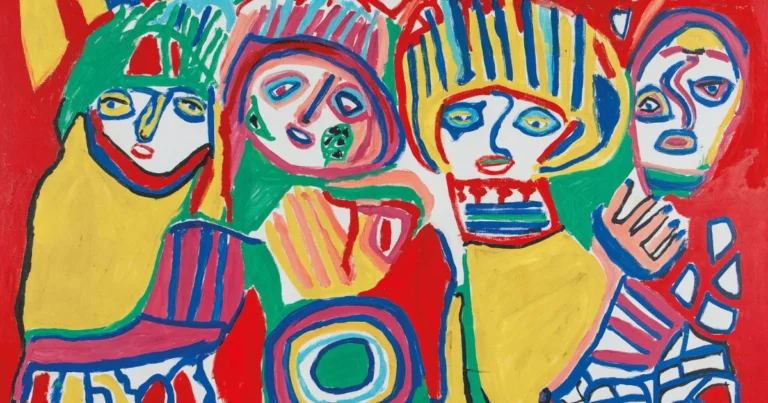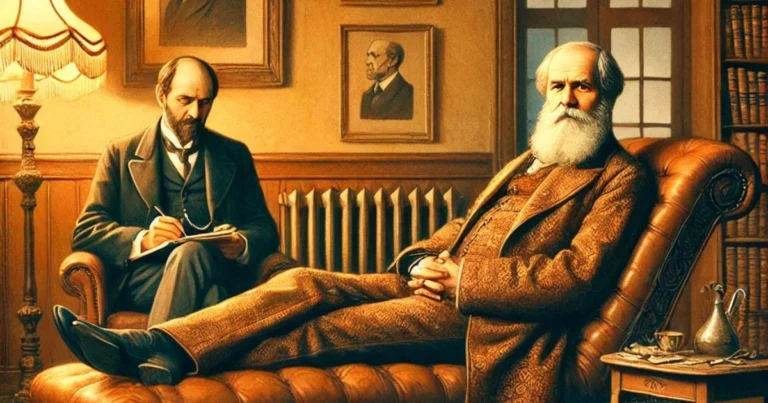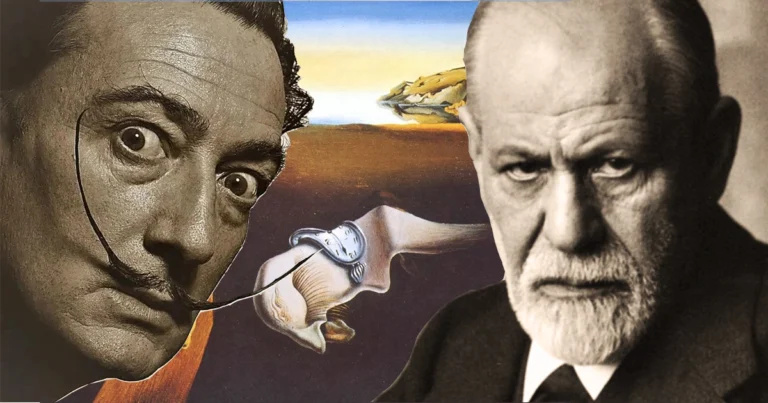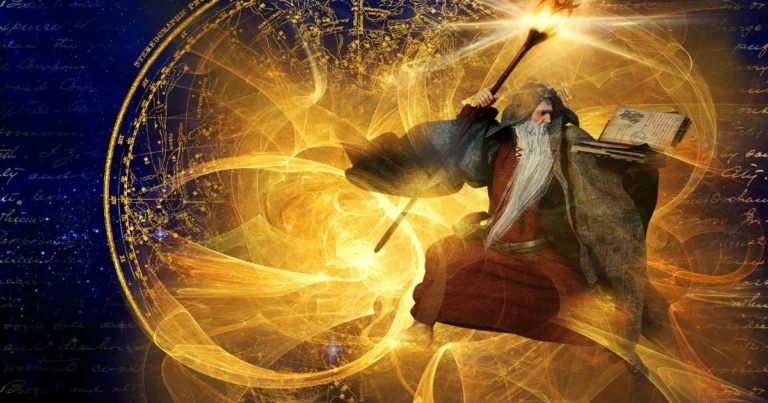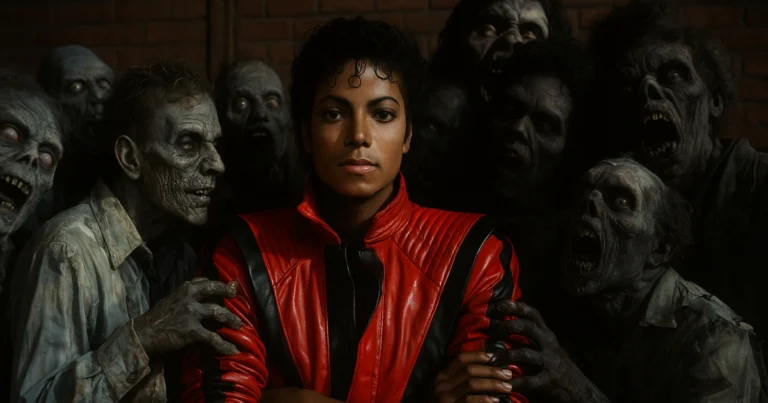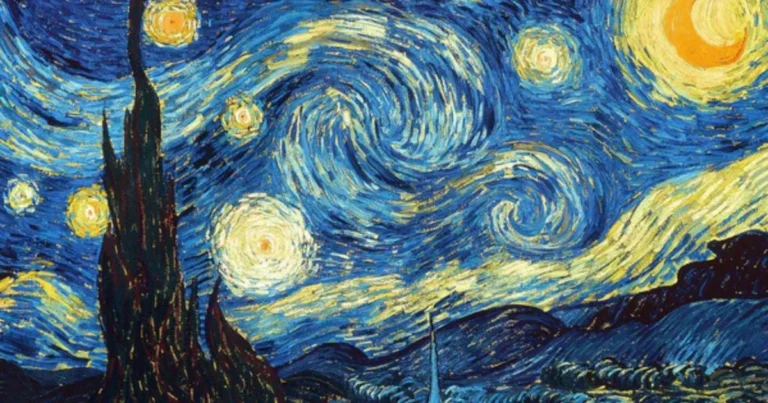The eternal memory: When love defies forgetting
Some films transcend their subject to become mirrors of our shared humanity. The Eternal Memory (La memoria infinita), by Chilean filmmaker Maite Alberdi, belongs to that rare category. Premiering at the 2023 Sundance Film Festival, the documentary left a lasting impression and was awarded the Grand Jury Prize in the World Cinema Documentary category. That recognition was only the beginning. The film went on to win the Goya Award for Best Ibero-American Film, the Forqué Award for Best Latin American Work, and received an Oscar nomination for Best Documentary Feature in 2024. In Chile, it struck a deep chord with audiences, becoming the most-watched documentary in the country’s history with over 80,000 viewers in just a few weeks.
This international acclaim reflects one undeniable truth: the intimate story at its core speaks far beyond cultural or linguistic borders. While Alzheimer’s disease may be the central theme, what resonates most is a universal meditation on memory, identity, and love.
Augusto Góngora: A guardian of collective memory
To grasp the depth of this documentary, one must first understand its protagonist. Augusto Góngora is not simply a man living with Alzheimer’s—he is a public figure of major significance in Chile. A renowned journalist, he played a vital role in resisting Pinochet’s dictatorship by documenting human rights abuses and preserving historical archives. For years, he worked tirelessly to transmit the collective memory of a wounded nation, convinced that forgetting was democracy’s greatest enemy.
That same man—so devoted to remembrance—is now the one struck by the very disease that erodes memory. Alzheimer’s casts a tragic irony: the one who safeguarded Chile’s history now struggles to hold on to his own.
Paulina Urrutia: The living memory of the other
By Augusto’s side stands Paulina Urrutia—an actress, activist, and former Minister of Culture. But in the film, she is first and foremost his partner. She becomes his anchor, his voice, his surrogate memory. Her presence is unwavering—attentive, loving, and at times marked by exhaustion and grief.
Paulina embodies the silent heroism of caregivers across the world: holding on to connection as the familiar slips away, protecting the dignity of the other while facing one’s own vulnerability. Through her, The Eternal Memory becomes not only a story about disease, but also a testament to a love that resists fading.
Memory and identity: Who are we without our memories?
The film’s first major theme is personal identity. We witness Augusto repeating his own name like a ritual—“I am Augusto Góngora”—as if saying it could keep him from vanishing. This phrase is more than an affirmation; it is an act of resistance. Memory shapes who we believe we are, and when those memories crumble, our sense of self begins to falter.
The film raises a haunting question: what remains of us when memory disappears? Is it the way others see us, the traces we leave in history, or perhaps the simple gestures that persist despite the illness?
Personal and collective memory: A shared vulnerability
The second powerful theme is the parallel between personal memory and collective memory. Augusto is not an anonymous patient. He is someone who, through his work, reminded an entire country never to forget its wounds. In The Eternal Memory, his gradual memory loss becomes symbolic—it echoes the ever-present temptation of collective amnesia in societies shaped by violence and dictatorship.
The question then extends beyond the individual: when a country forgets its history, is it not erasing its very identity, much like an individual with Alzheimer’s?
Love as the last refuge
In the face of illness, the film shows love as a sanctuary. Paulina is not merely a caregiver; she laughs with Augusto, dances, tells stories to evoke their past, and finds countless ways to keep their bond alive. Even as memory falters, gestures of tenderness endure—like a deeper, bodily memory more resilient than narrative recollection.
The film invites reflection: how far can love hold off forgetting? It cannot cure, but it offers dignity, warmth, and persistence.
Another striking dimension of the film is resilience. Paulina and Augusto invent new ways of being together. Language becomes unreliable, but smiles, glances, and gestures fill the gaps. Their relationship transforms fragility into an opportunity to redefine connection.
This suggests a broader question: can we still “be with” someone when words fade away? The film answers yes—as long as there remains a desire to share something, however small.
Time: Between loss and continuity
Time plays a central role in The Eternal Memory—both as a relentless force and as a gentle keeper. On one hand, it acts as a destroyer: days pass, and with them, Augusto’s bearings slip away. Lucid moments grow rare, movements become hesitant, faces blur. Time becomes the enemy, steadily eroding memory and self.
On the other hand, time can also preserve. Archives, photos, and old videos form a bridge between what was and what still lingers. Time, then, is not only about loss; it becomes a secondary memory, a space where traces survive.
This tension between fading and persistence gives the documentary its human and universal depth.
Maite Alberdi: A filmmaker of intimacy
Born in Santiago, Chile in 1983, Maite Alberdi is now one of the most prominent documentary voices in Latin America. Trained in aesthetics, communication, and audiovisual production, she has long devoted her films to intimate life stories—modest on the surface, but profoundly universal. Her signature style lies in observing ordinary gestures, capturing the truth of human relationships, and revealing the depth of the everyday without artifice.
With The Lifeguard (2011) and Tea Time (2014), Alberdi gained attention for her ability to weave emotional and narrative power from daily life. In 2020, her tender portrait The Mole Agent earned her an Academy Award nomination.
When she set out to make The Eternal Memory, Alberdi was not primarily interested in filming illness. What moved her was the love between Augusto and Paulina—a relationship she calls “a refuge against erasure.” She explains that the heart of her filmmaking lies not in showing loss, but in illuminating “what remains—what endures in the body and gestures, even as memory fades.”
In interviews, Alberdi emphasizes that memory is not just cerebral. Experiences such as attachment, pain, and tenderness remain embedded in a person, even in the absence of recollection. That, she says, is what she wanted to capture: the kind of memory that resists.
The COVID-19 pandemic shaped the film’s intimate feel. Unable to be physically present at times, Alberdi handed the camera to Paulina, who filmed their shared routines, daily care, exhaustion, and quiet joys. These raw and honest images give the film its emotional strength.
A film about what remains
The Eternal Memory is not merely a film about Alzheimer’s. It is a film about love, memory, and what makes us human. It confronts us with essential questions: what is left of us when our memories disappear? Perhaps it is what others carry for us. Perhaps it is the gestures of affection that transcend forgetting.
Beyond the story of Augusto and Paulina, the film holds up a mirror to our own relationship with time and memory. It reminds us that memory is not just a storage of facts—it is a fragile, living thread that binds us to others and allows us to exist.

Amine Lahhab
Television Director
Master’s Degree in Directing, École Supérieure de l’Audiovisuel (ESAV), University of Toulouse
Bachelor’s Degree in History, Hassan II University, Casablanca
DEUG in Philosophy, Hassan II University, Casablanca

